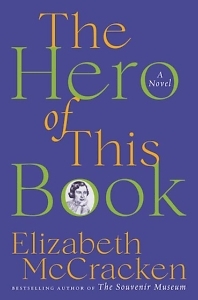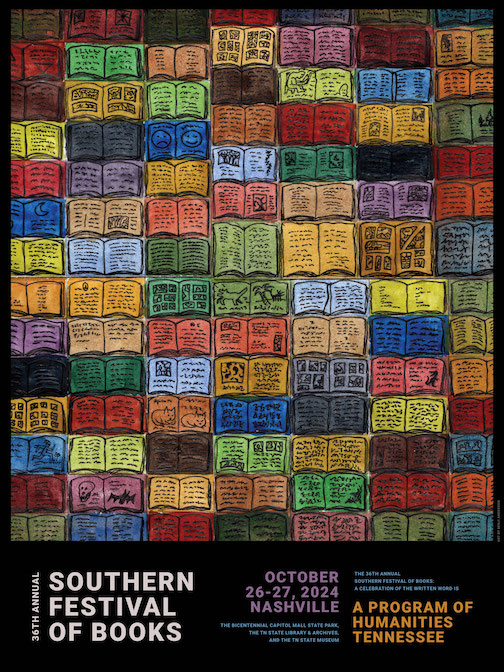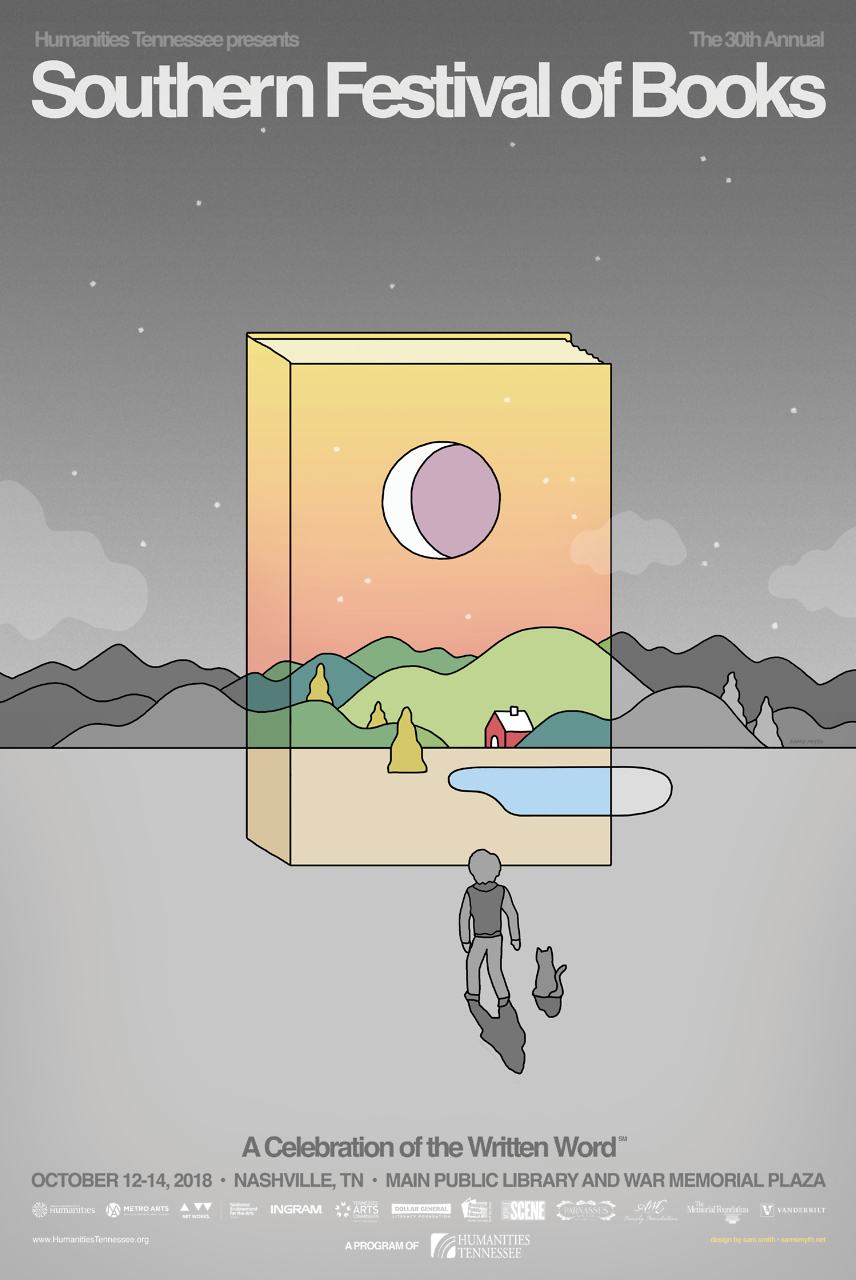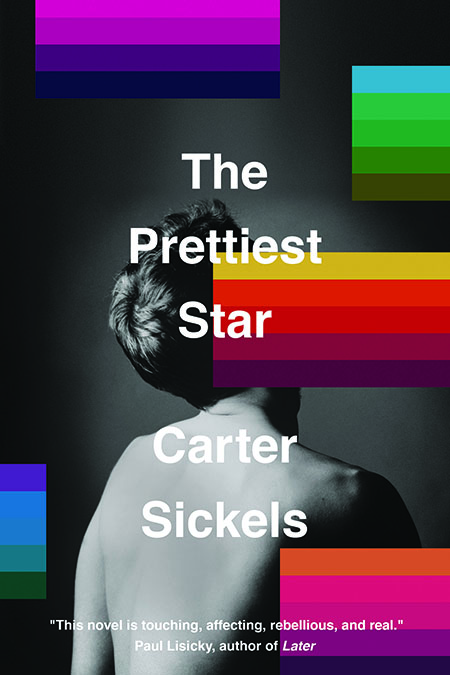The First Novel
The Hero of This Book ponders the story of a mother and daughter
The narrator of Elizabeth McCracken’s dazzling new novel, The Hero of This Book, is a middle-aged author whose name is never revealed. “Writers are dull,” she confesses. “I find myself intolerable, the author of these sentences, which means I am writing a book about a writer.”

The writing of the story comes to dominate the story, illustrating why the term “autofiction” has become so popular over the last decade: It captures both how one’s identity is formed, as well as how the narrative itself is crafted. The act of rendering the life in written words sometimes eclipses the life itself. The life may be dull; the writing must be heroic.
During the summer of 2019 the narrator has come to London, where she roams the city while reflecting on two subjects: her writing and her mother, who died 10 months earlier. McCracken lets readers know on the book’s dedication page, in a photograph of an inscription to her mother in her first book, of her promise never to depict her mother as a character. Her narrator suggests it may be more complicated than that, in lines such as this: “Your family is the first novel that you know.”
This book is peppered with similar winks to the reader on the issue. For instance, the narrator announces, “By life, I mean writing. Not memoir: I am not a memoirist.” She advises, “If you want to write a memoir without writing a memoir, go ahead and call it something else.” Later, she shares, “I don’t like people looking at me. I don’t like being the center of attention except under very specific conditions. Then I adore it. That’s why I prefer fiction to memoir. I am unable to render my own character in words, having no idea what my character is, beyond certain bad habits.”
 The narrator’s repeated pronouncements that this is a work of fiction call to mind a line from Hamlet: “The lady doth protest too much, methinks.” Is this a novel or a memoir? Either way, the authenticity of the narrator’s emotions, the consistency and fullness of her voice, and her prismatic recollections of her mother shine. She’s sparing in some ways and magnanimous in others, never sentimental but utterly human. She doesn’t offer much about her father, who passed away years ago. (“I’m sorry he doesn’t fit in this book.”)
The narrator’s repeated pronouncements that this is a work of fiction call to mind a line from Hamlet: “The lady doth protest too much, methinks.” Is this a novel or a memoir? Either way, the authenticity of the narrator’s emotions, the consistency and fullness of her voice, and her prismatic recollections of her mother shine. She’s sparing in some ways and magnanimous in others, never sentimental but utterly human. She doesn’t offer much about her father, who passed away years ago. (“I’m sorry he doesn’t fit in this book.”)
The artfulness of attention she pays to her mother and their thorny relationship portrays the older woman as difficult. Still, she was the funniest person her daughter has ever known. She was brilliant yet terrible with money, argumentative, and stubborn. After being injured by forceps when she was born, she strived to lead a strong and active life; her efforts in this regard may well be called heroic. By turn, the narrator’s commitment to take responsibility for herself, as opposed to a quality she finds loathsome in memoirs (the act of blaming one’s parents), is also herculean.
The Hero of This Story marks McCracken’s eighth book, following three short story collections, three novels, and a memoir. She possesses a poet’s sensibilities, an astounding eye for details, crackling humor, complex characters, and the capacity to spin richly woven, character-driven narratives. Does this book even qualify as autofiction? Frankly, the writing is so captivating it doesn’t matter. Fact or fiction, a great story is a great story.

Sarah Norris has written about books and culture for The New Yorker, San Francisco Chronicle, The Village Voice, and others. After many years away, she’s back in her hometown of Nashville.


